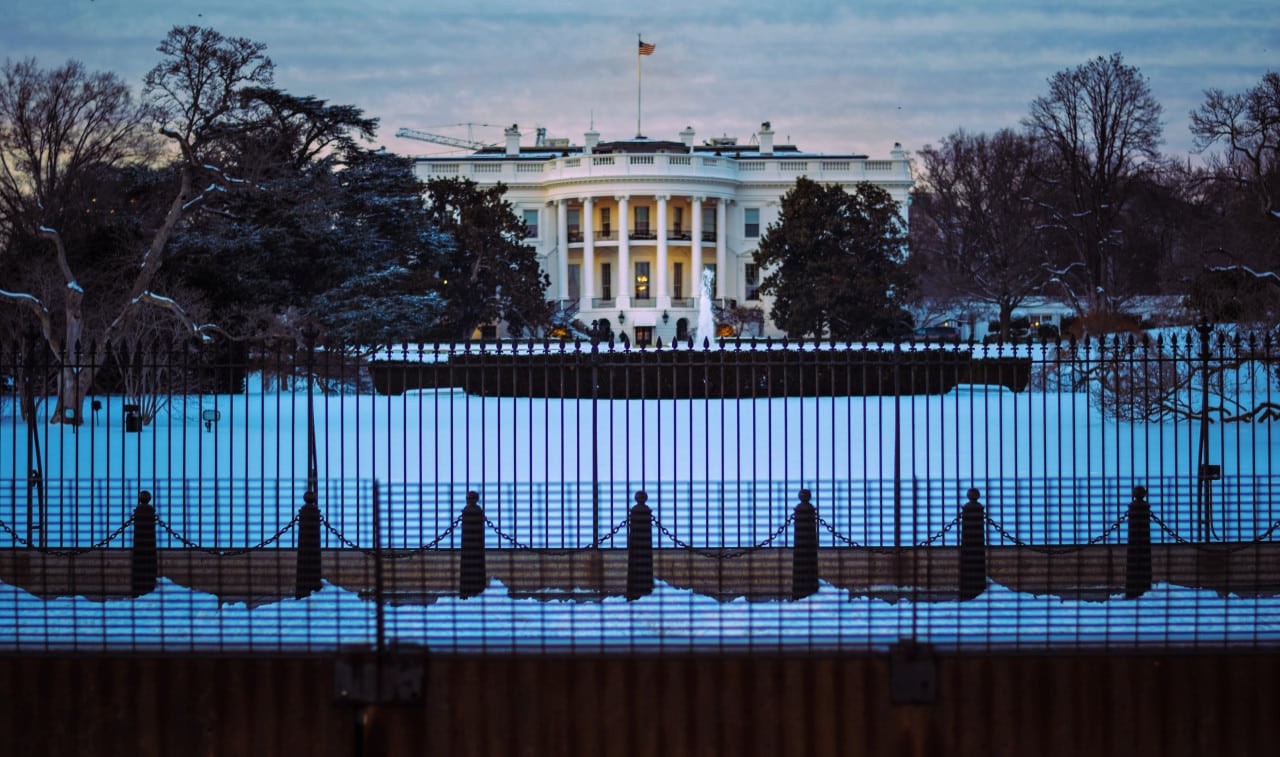
Nuclear deterrence has regularly emerged as a topic of discussion during the 2016 presidential campaign, primarily as a means of illustrating the merits of the candidates’ capacity for leadership.
Democrat Hillary Clinton recently highlighted a joint statement…